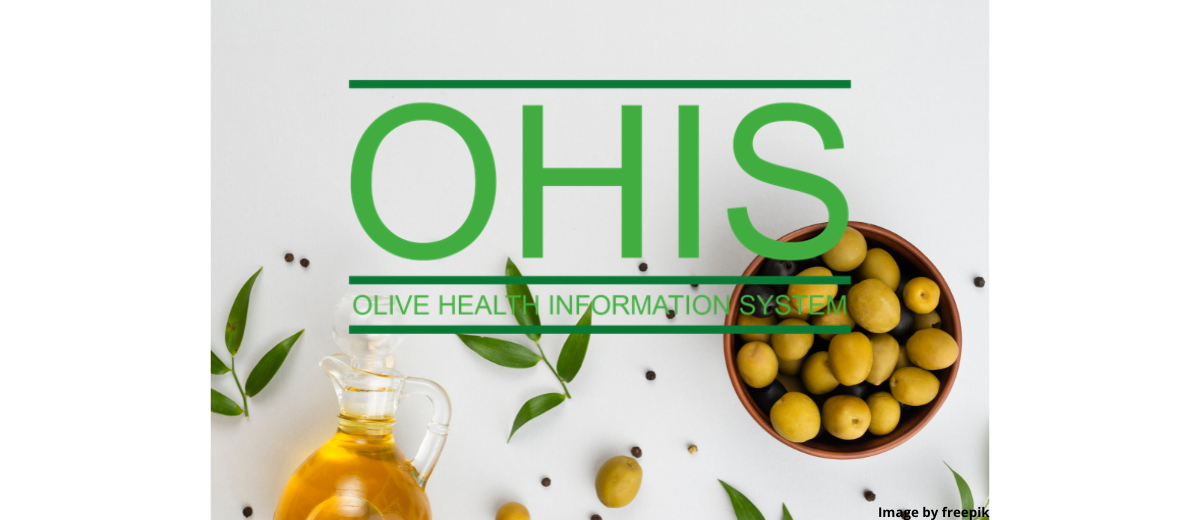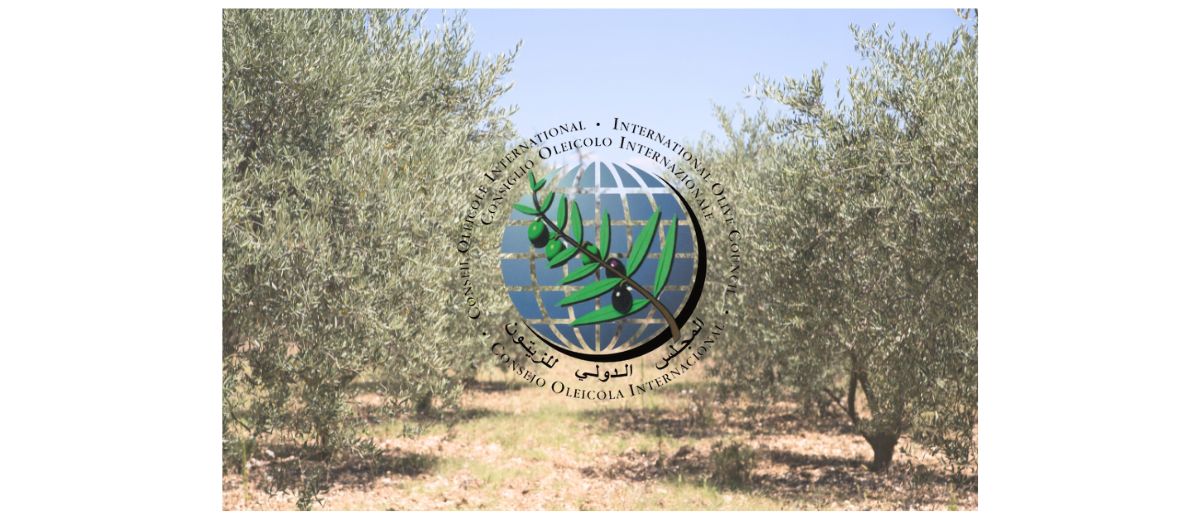The Olive Health Information System website
The newsletter of the University of Navarra and the IOC dedicated to health
This week’s newsletter focuses on two different but important topics related to olive oil.
The first study is a systematic review aimed at summarizing the data on the relationship between adherence to the Mediterranean diet (MedDiet) and mental health outcomes in children and adolescents. The Mediterranean diet emphasizes the use of olive oil within a healthy dietary pattern composed of whole, minimally processed foods such as fruits, vegetables, whole grains, legumes, nuts, and moderate amounts of healthy animal foods. Thirteen studies were included in the analysis, involving a total of 3058 participants. The results suggest a significant protective association between adherence to the MedDiet and mental health, particularly in relation to attention-deficit and hyperactivity disorder, depression, and anxiety. Moreover, the review indicates that promoting adherence to the MedDiet could potentially prevent the onset of psychiatric symptoms, reduce their severity, and improve prognosis in young individuals, highlighting the importance of dietary factors in mental health during childhood and adolescence.
Shifting gears, our second study explores different methods for improving the quality of olive oil. This study looks closer into the impact of using various adsorbents to partially refine oxidized olive oil, shedding light on its volatile compounds and smoke point. Through experimentation, researchers revealed that substances such as resin and bentonite were effective in reducing volatile compounds. Moreover, all treatments led to a significant increase in the smoke point of the eluted oil, indicating improved quality. These findings not only deepen our comprehension of olive oil refinement processes but also pave the way for future endeavors aimed at enhancing the quality and stability of this valuable culinary and health-promoting resource.
Click HERE to see the latest posts…










